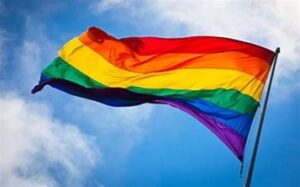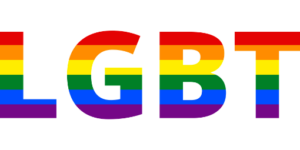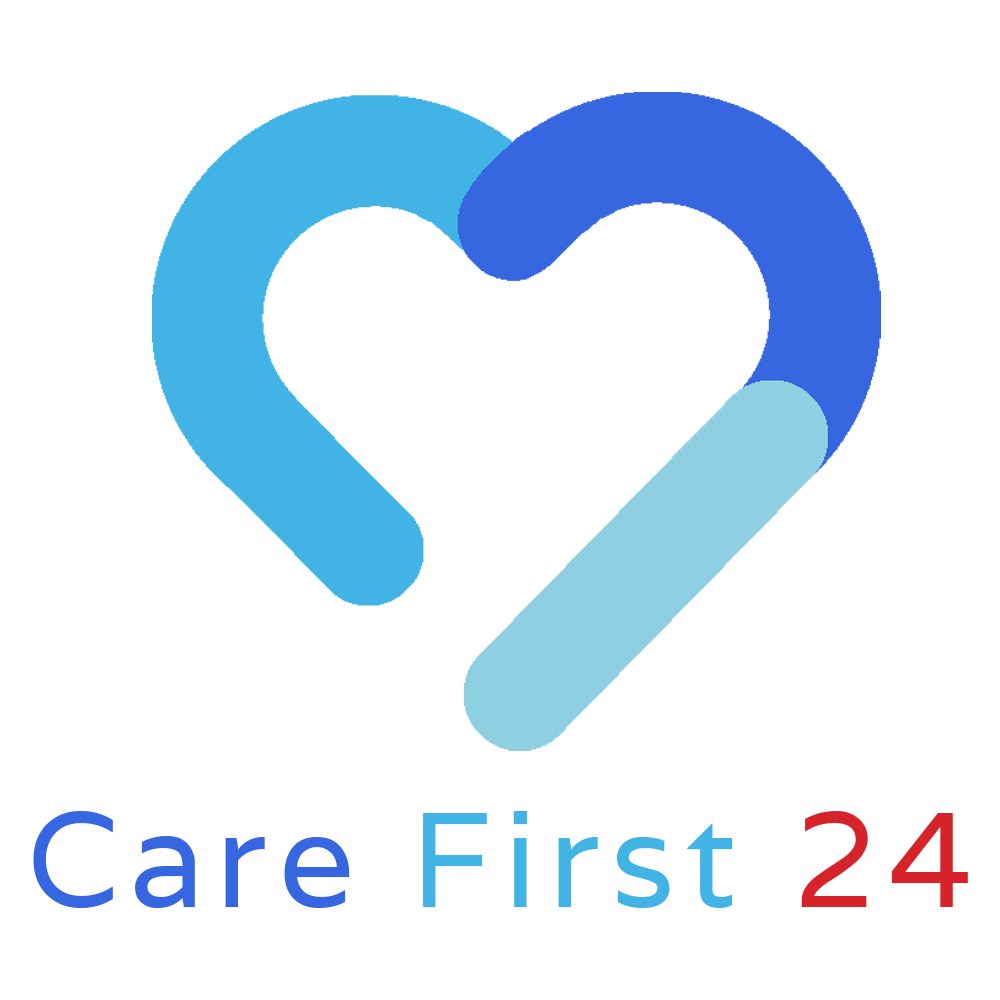Findings from the LOASCA study – (Source – University of Birmingham www.birmingham.ac.uk)

LOASCA: Lgbtq+ Older Adult Social Care Assessment study addresses significant knowledge gaps about Lesbian, Gay, Bisexual, Trans and Queer (LGBTQ+) older (60+) people’s adult social care service experiences in England.
The study will examine how social care workers in England (workers and professionals employed by local authorities in social care departments) engage with sexual orientation and gender identity (SOGI) during assessments and will also gather the social care experiences of older LGBTQ+ adults, particularly how they perceive their SOGI has been considered within these assessments.
This cross-sectional mixed-methods study employs a multiple site case study approach to improve understanding of: A) how social care workers engage with issues of SOGI when assessing older LGBTQ+ people with care and support needs and; B) how these service users experience and receive assessments.
The study will provide detailed knowledge of how social care workers employed by local authorities consider issues of SOGI when performing assessments and reviews with older people and what it is like to experience assessments from the perspective of older LGBTQ+ adults. Our approach is collaborative and co-produced. In addition to working with three local authorities, the team includes people with lived experience of care services.
The study is also informed by an advisory group which includes older LGBTQ+ people who use social care services, service providers, and representatives from professional regulators and support organisations including Safe Ageing No Discrimination, Birmingham LGBT, Opening Doors London and Social Care Institute for Excellence.
Dissemination activities of this project will include journal articles, presentations at social work conferences and practitioner events, practitioner-focussed publications, a short digital film, a community-based graphic report, and a final knowledge exchange webinar bringing together practitioners, policy makers and researchers. This will be designed to improve adult social care services, benefit the social care workforce, and involve people with personal experience of care and practitioners in social care research. Outputs will be made available on this site as they are released
Main points:
- Health disparities between LGBTQ+ older people and their heterosexual counterparts
- Older LGBTQ+ people less like to have familial support
- Social work & social care accused of being sexually gender – blind
- Historical experiences of older LGBTQ+ matter
- Importance of asking questions so that support can be offered if required
- Staff feeling anxious about asking for fear of offending people
- Training needs
Skills for care – LGBTQ+ care later in life framework:
Further Resources
Glossary
What do we mean by LGBTQ+?

LGBTQ+ is an acronym for Lesbian, Gay, Bisexual, Trans and Queer. At Opening Doors London we generally use LGBTQ+ as a shorthand, but we also think it’s important to include and acknowledge the acronym in its entirety to recognise the diverse terms people identify with and use to describe their gender and sexuality.
LGBTQIAP+
Lesbian – A woman who is attracted to other women.
Gay – A man who is attracted to other men.
Bisexual – A person who is attracted to two or more genders.
Trans or transgender – A person who does not identify with the gender they were assigned at birth. This includes people who identify outside the gender binary, for example non-binary and gender fluid people.
Queer – Can be used to refer to one’s gender identity and/or sexual orientation. It is sometimes used as an umbrella term for LGBT+ identities, but also references a radical politics which rejects heteronormativity as well as labels and norms which create hierarchies within the LGBT+ communities.
The word ‘queer’ has been used against LGBT+ people as a slur but was reclaimed in the 80s. As a community we must therefore hold space both for people who have a complex and difficult relationship to the term and those who self-identify with it.
Intersex – Refers to people whose biological attributes don’t fit societal definitions of ‘male’ and ‘female’. The term does not reference gender (although many intersex people are assigned binary gender at birth), as intersex people can identify with any gender.
Ace – An umbrella terms which refers to people who experience no or varying levels of sexual and/or romantic attraction, for example people who identify as asexual and/or aromantic. Demis and gray-As usually refer to people with varying levels of sexual and/or romantic attraction
Pansexual – A person who feels attraction to people regardless of gender.
+ – The + recognises that there are more ways to identify and describe gender and sexuality beyond the acronym. While the above are common terms used to self-identify gender and sexuality in the English language, the world is and has always been a place of diverse sexualities and gender identities.
Other useful terms
Gender binary – The categorisation of people into two distinct and opposite genders (man and woman). The term gender is used to highlight the socially constructed nature of these categories, and recognises that we can identify with any gender both within and beyond the binary.
Non-binary – A term some people who identify outside of the binary categories of man and woman use to describe their gender.
Gender fluid – A person who understands their gender to be flexible and changing.
Pronouns – Personal pronouns are words used to refer to people, but which also connote gender. Some common pronouns are ‘he/him’, ‘she/her’, ‘they/them’, and ‘ze/zir’. While ‘he/him’ commonly refers to men and ‘she/her’ commonly refers to women, people of various genders might use whichever pronoun they feel most at home with.
Cis or cisgender – A person who identifies with the gender they were assigned at birth.
Ally – Typically someone who does not identify within the LGBT+ umbrella (i.e. who is straight and/or cisgender) but supports the LGBT+ community and their political struggles.
Terminology about trans issues in particular has developed and changed rapidly in recent years, and we suggest you refer to a more comprehensive guide for a better understanding of preferred terminology.
Thank you for reading this article. If you wish to discuss anything relating to this article, please call us on 01732 790001 or email: info@carefirst24.co.uk
